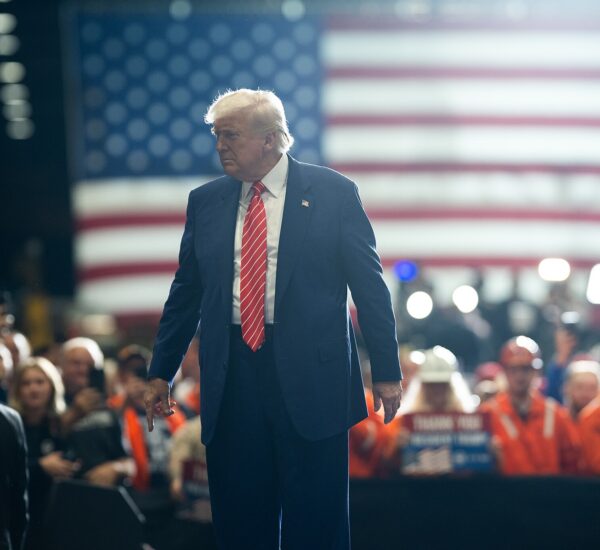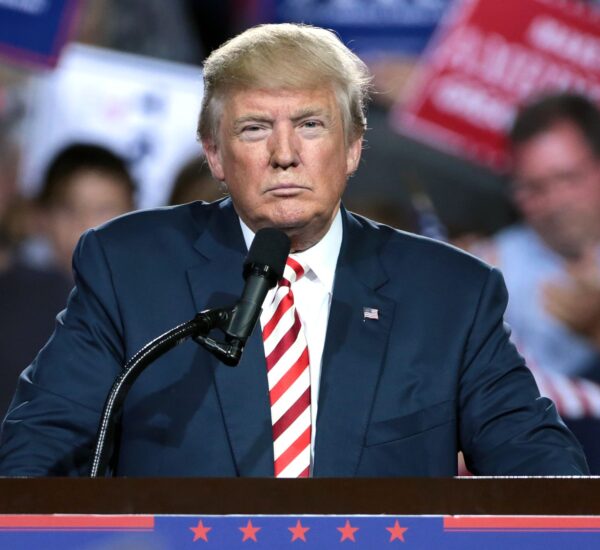VIDEO: Democrat Governor’s Racist Attack On Black Kids
Is this really what Democrats think of Black Americans?
In a recent address at the Milken Institute Global Conference in Los Angeles, California, New York Governor Kathy Hochul sparked controversy with remarks about the lack of computer knowledge among Black children in the Bronx. Hochul’s comments were part of her promotion of New York’s $400 million “Empire AI” initiative aimed at funding artificial intelligence in the state.
During her speech, Hochul expressed pride in New York’s initiative, highlighting plans for a state-of-the-art supercomputer accessible to researchers and college students, emphasizing its potential to attract federal grants. However, her assertion that there are Black children in the Bronx don’t know what a “computer” is drew immediate backlash.
Assembly Members Karines Reyes and John Zaccaro Jr. voiced strong criticism, condemning Hochul’s remarks for perpetuating negative stereotypes about the capabilities of Black and brown children. Reyes emphasized the talent and potential of Bronx children, stating that they deserve equal opportunities. Zaccaro echoed similar sentiments, expressing concern over the underlying perception conveyed by Hochul’s comments.
In response to the backlash, Governor Hochul issued an apology, acknowledging that she misspoke and expressing regret for the mistake. She clarified that her intention was to highlight the issue of limited access to technology among marginalized communities, rather than question the intelligence of Bronx children. Hochul reiterated her commitment to increasing economic opportunities and ensuring equitable access to emerging industries like AI.
Moving forward, Governor Hochul aims to address the root causes of disparities in access to technology and training, particularly in underserved areas like the Bronx. Her apology signals a recognition of the importance of responsible rhetoric and sensitivity to the experiences of marginalized communities in shaping public policy initiatives.
WATCH:
Tell me again that Republicans are “racist.”
NY Gov. Kathy Hochul just said, “Young black kids growing up in the Bronx who don’t even know what the word ‘computer’ is.”
Has she ever been to the Bronx?!?!
— Graham Allen (@GrahamAllen_1) May 7, 2024





